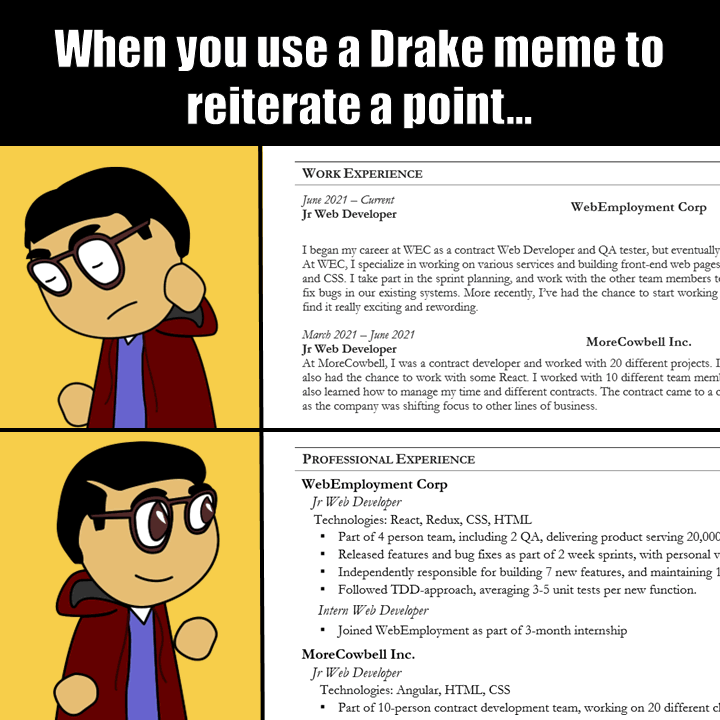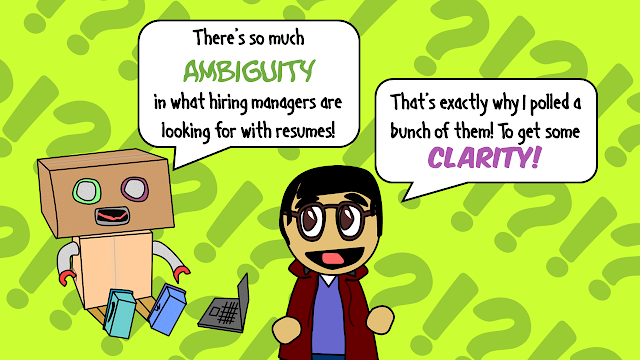You live the life of old plans.

For some years now, instead of going with an annual resolution, I've instead adopted a new aphorism to shape and refine my perspective . With 2025 around the corner, and mid-way through my 40th year on this planet (I won't share how long I've been on other planets), something that resonated with me was how we "live the life of old plans." While life is filled with unplanned and unpredictable events, old plans still take a shape. Maybe the sharp edges that once defined the plan have softened, maybe the shape is more of an approximation, but the plan is still there. When I reflect on the plan I had as a kid to where I am today, I am so grateful to be fortunate enough to live the life of the old plan (blurred edges and all) but three points in particular stick out: Patience : We live the life of OLD (as in "age") plans - a reminder that plans don't bring immediate results. We live in an increasingly impatient world, and I'm very guilty of being impa...
































